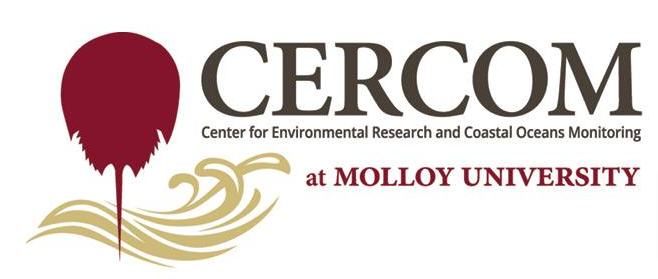Document Type
Peer-Reviewed Article
Publication Date
2-1977
Journal Title or Book Title
Journal (Water Pollution Control Federation)
Volume
49
Issue
2
Version
Publisher's PDF
Publisher's Statement
This article was published by the Water Environment Federation and is also archived at http://www.jstor.org/stable/25039246
Abstract
The marine environment has become the primary disposa ground for an increasing quantity of petroleum wastes. Mushrooming demands for petroleum products and the lack of economic incentive to recycle waste oil will increase the concentrations of detrimental petroleum hydrocarbons in the marine environment
Although a continuous, low-level discharge of waste petroleum hydrocarbons into the marine environment may not be as dramatic as a major oil spill, the consequences could be more devastating over an extended period. As noted by Blumer, earlier interpretations of the environmental effects of oil must not be reevaluated in the light of recent evidence of its effects on marine organisms an its environmental persistence, which resembles that of DDT, PCBs, and other syntehtic materials.
Related Pillar(s)
Study
Recommended Citation
Tanacredi, John T. Ph.D., "Petroleum Hydrocarbons from Effluents: Detection in Marine Environment" (1977). Faculty Works: CERCOM (1977-2016). 14.
https://digitalcommons.molloy.edu/cercom_fac/14
Included in
Aquaculture and Fisheries Commons, Biodiversity Commons, Biology Commons, Environmental Chemistry Commons, Environmental Health and Protection Commons, Environmental Indicators and Impact Assessment Commons, Environmental Monitoring Commons, Marine Biology Commons, Sustainability Commons, Terrestrial and Aquatic Ecology Commons




